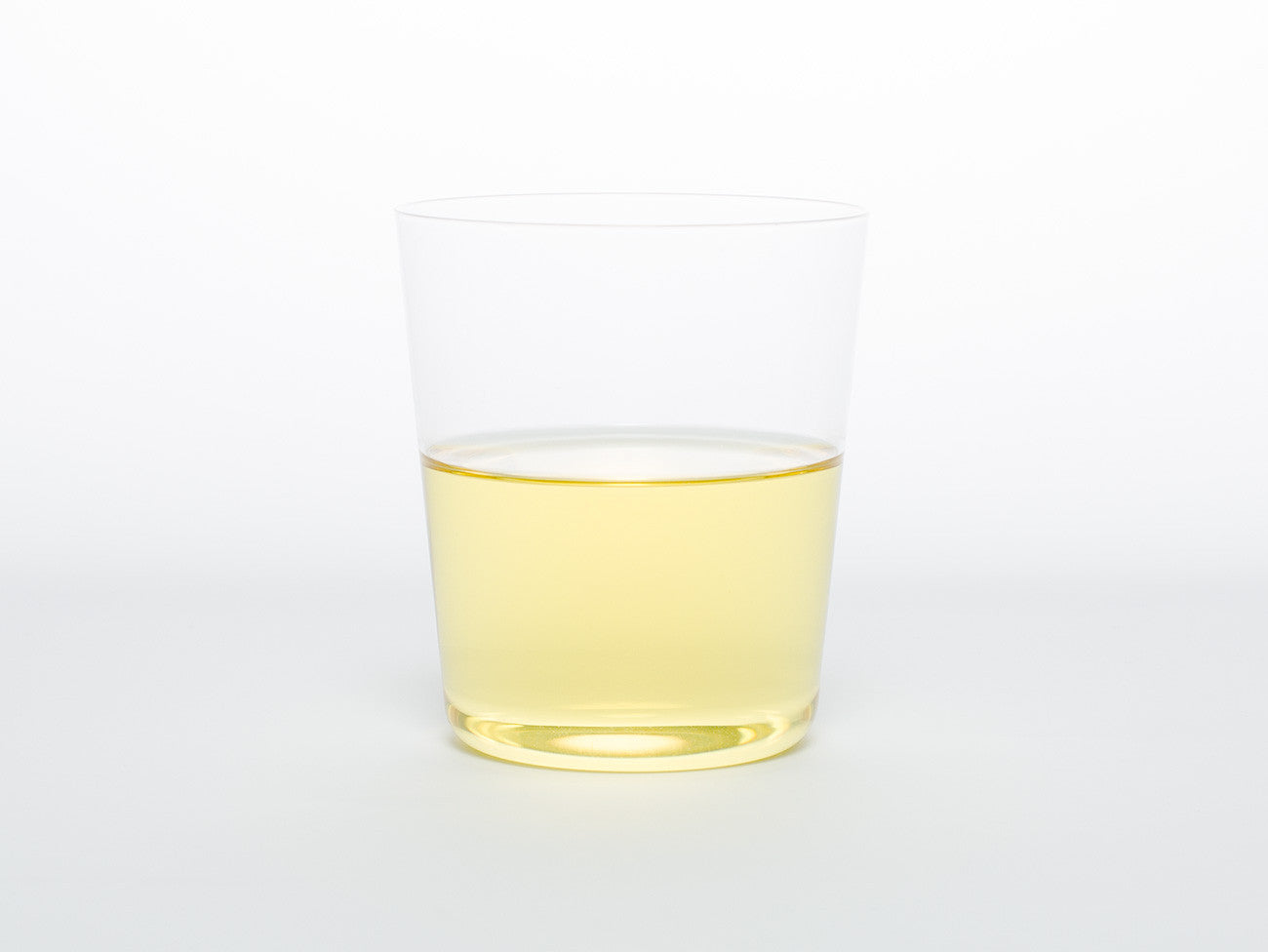Late Winter Sprout
Late Winter Sprout
Notes of yomogi mochi, green peppercorn, and almond tofu.
梨山不知春
Regular price
$43
Regular price
Sale price
$43
Unit price
per
Oolong tea from Taiwan・February 2025・梨山不知春・Unsprayed



Packaging Guide
| Our teas come in your choice of resealable pouches or white kraft gift canisters—both are fully recyclable! Depending on the size of the tea leaves, our canisters can accommodate anywhere from 30g – 240g of loose tea. Plus, they make great gifts. |
|
Size chart
Size guide
More familiar with our old quantities? Here’s the conversion:
| Metric quantities | Ounce equivalent | Servings |
| 30 grams (new size!) | 1.05 oz. | 5-8 |
| 60 grams | 2.10 oz. | 10-15 |
| 120 grams | 4.20 oz. | 20-30 |
| 240 grams | 8.46 oz. | 40-60 |




